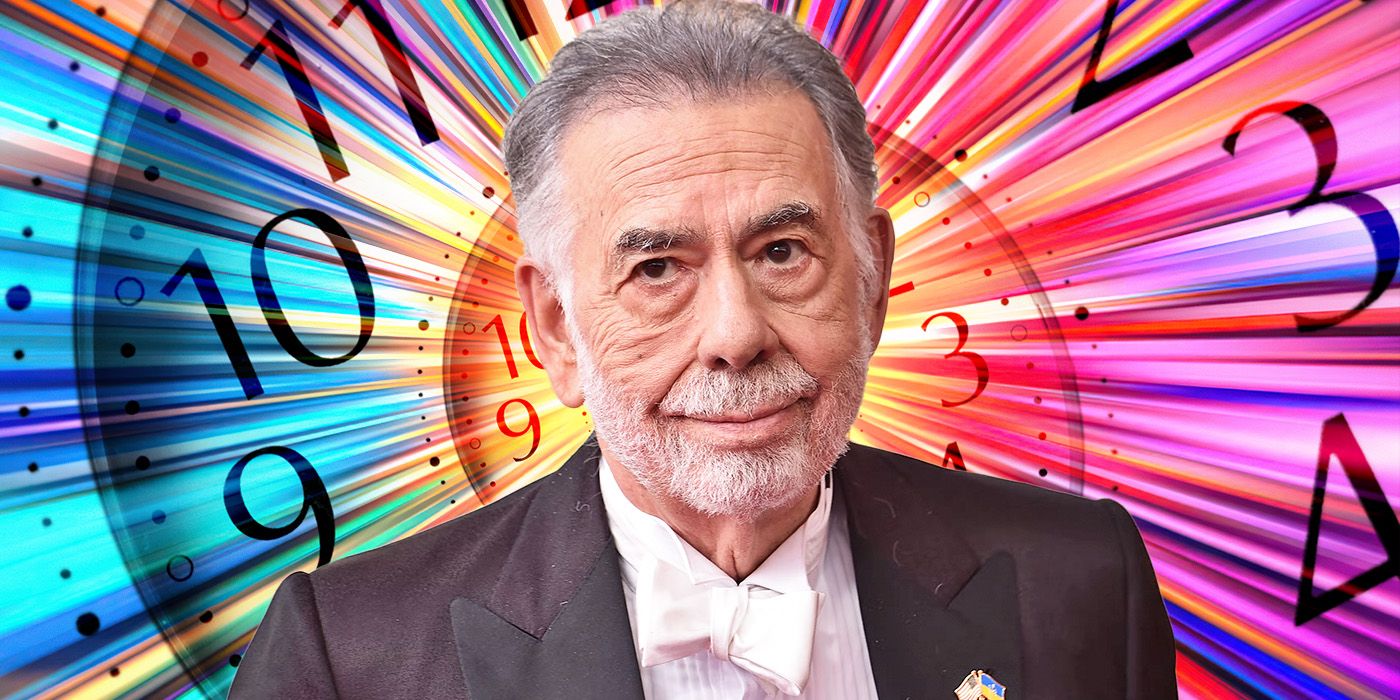Travel
One of My Favorite Time Travel Rules Came in This Charming Sci-Fi Romance

There are few films about time travel that are as delightful as Richard Curtis‘ 2013 romantic comedy, About Time. Starring Domhnall Gleeson and Rachel McAdams, About Time is a great film for so many reasons, but perhaps the most notable thing about this picture is the way time travel works. Unlike most time-traveling epics where a time machine of sorts is necessary, the way Curtis explains it in this quirky rom-com is a bit more organic, and a lot more personal. To this day, it’s one of my absolute favorite depictions of time travel, and it’s not hard to see why.
‘About Time’s Time Travel Is Simple, Personal, and Profound
About Time explains time travel in this way: every man in Tim’s (Gleeson) family can go back in time at will if they only focus on their own past, thinking about the exact moment they’d like to revisit until they arrive there. There’s no flux capacitor or police box to jump into; the only limitations are one’s own memory. Considering every male in the Lake family line can time travel at will, it feels like About Time leaves the story open to different time travel paradoxes and contradictions. Yet, the film always makes sense. The actual mechanics of how time travel functions don’t matter, because the whole process is entirely character-driven. Richard Curtis makes it clear that, even though Tim’s changes to the past can create new or different outcomes, everything still exists on one singular timeline. This means that Tim could never meet a younger version of himself, though he could travel back into his younger body.
Yes, specific events may change, but rather than branching into entirely different timelines that Tim could easily get lost in, About Time effectively rewrites his own history in real-time. When Tim first meets Rachel McAdams’ Mary, he gets her number, and they part ways. But because he goes back to that night to help his friend Harry (Tom Hollander) with his play, he rewrites their meet-cute and loses Mary’s number. This forces him to find another way to introduce himself to her, and the story continues. But perhaps the most important lesson Tim learns — and maybe a lesson that we ought to learn too — is that there are some things in the past that cannot be changed. We see this best through his sister, Kit Kat (Lydia Wilson), after she gets into a car accident while intoxicated. Though Tim changes these events, and eventually takes Kit Kat back in time with him to change her entire life, this has a ripple effect that also erases Tim and Mary’s daughter, Posy, replacing her with a son he never knew.
While time travel doesn’t change Tim’s memories of the past, it does change the world around him. As Tim learns that even he can’t play God, and that his actions in the past have consequences in the present/future, we are also reminded that certain moments in time are fixed because, without them, we wouldn’t be where we are. This is something that a film like, say, Back to the Future doesn’t fully appreciate. While I love that movie to pieces, Marty’s (Michael J. Fox) time in the past rewrites his family’s entire history (and their personalities). It doesn’t quite make sense that he would still exist at all, though we accept it because the movie itself is fantastic. On the other hand, About Time forces Tim to undo helping Kit Kat in the past, thus restoring Posey in the present, and offers a better solution to her problem: dealing with her addictions and poor choices in real time rather than wishing they would go away.
‘About Time’s Message Cuts Deep to the Heart
The film’s ultimate revelation is what really makes the time travel here work, with Tim ultimately deciding to take every day as it comes. That’s, of course, the true gift. Though he, like his father (Bill Nighy), initially decides to only travel time in order to relive each day again, he eventually stops time traveling altogether in favor of just living each day as if he were living it for the second time. It’s a challenging perspective that is easy for us to ignore as a sappy or sentimental way to view the world, but how much better is life when we take it this way? How much more beautiful are the things and the people who step into our path? How much more-so do we learn to appreciate what we have, and give back what we can?

Related
Francis Ford Coppola’s History of Very Good (and Very Bad) Time Travel and Fantasy Movies
The ‘Megalopolis’ and ‘Godfather’ director transcends space and time.
About Time is a wonder of a film because it contains this magical notion that one can re-live the best of their lives and fix the worst, but at the end of the day, Tim comes to the conclusion that the true magic of living is actually, well, just living! Time isn’t promised to anyone, as Tim discovers when his father passes unexpectedly, but if we can learn to enjoy each moment, we’ll find that we never missed any at all.
About Time is available to rent on Prime Video in the U.S.











